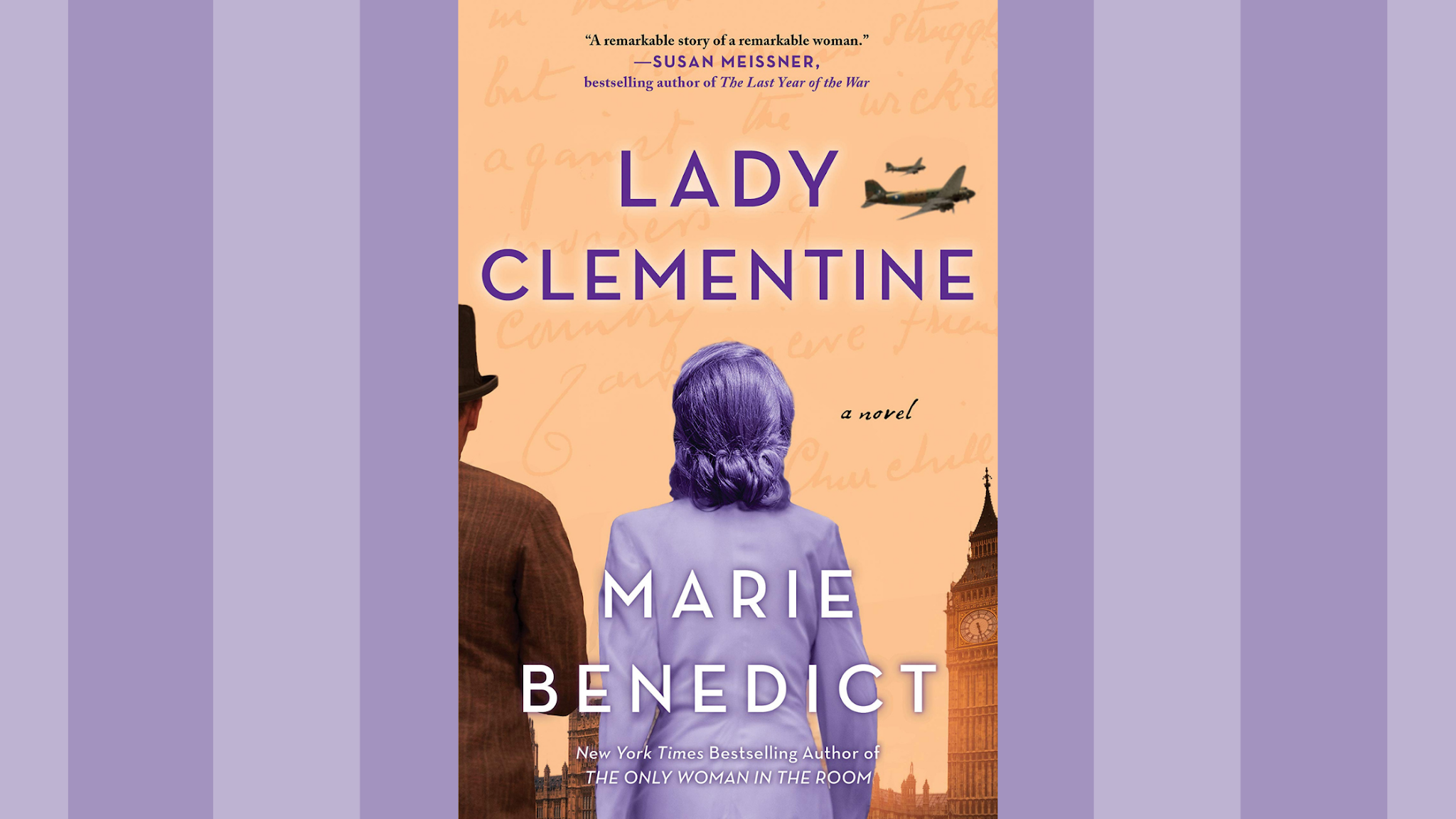The Importance of Women in History: A Marie Benedict Book Review
The Mists of Avalon, one of the first fantasy books of its kind to tell a well-known legend through the eyes of the female characters, made a major impact on author Marie Benedict during her informative junior high years.
When she decided to shift careers, The Mists of Avalon circled back in her mind. She was an avid history lover (she received her undergraduate degree in the subject) and always had her nose in a book, but never thought she’d end up as a writer.
“I think I was intimidated by the fact that there were all these books that I absolutely adored and writers that I loved but I never really thought I could walk in their ranks,” she said.
However, the idea of unearthing little known perspectives and voices of history lead her to starting a series focusing on the women whose stories deserve to be told.
The first novel, The Other Einstein, focuses on Albert Einstein’s first wife, Mileva. A physicist herself, it is widely debated on her contributions to the theory of relativity and how she became lost in Albert’s shadow. The second novel, Carnegie’s Maid, gives Clara Kelley the recognition of businesswoman that Andrew Carnegie relied on. The third novel, The Only Woman in the Room, shares more than Hedy Lamarr’s story as a screen star but as an immigrant and inventor. The latest in the series, Lady Clementine, focuses on a woman who was much more than “the woman behind the man” - Clementine Churchill.
Once Benedict committed to writing this specific genre of nonfiction-meets-fiction, she really developed what she calls an “antenna” to finding these women. As she was conducting research for The Only Woman in the Room, she kept stumbling across Winston Churchill and wondering, who were the women in his life?
Turns out Clemetine was in his life throughout all aspects. With all the roles Winston took on through World War I and World War II, Clementine was more than just by his side. She was his global partner in every capacity, taking on the burden of leadership just as much as he was. She was his advisor, his speech editor; she had a hand in everything he did and everything he was.
When Benedict researches these women of history, she makes it a point to find original source material that make her novels as authentic as humanly possible. She has combed through letters, journals, photographs and any kind of documentation she can find. Only as a secondary source would she use materials such as biographies.
“I wanted to make my own decisions about what I thought about the letter they wrote and pictures they took and journal entries they made,” she said. “One of the reasons why I write fiction instead of nonfiction is because it's only recently that documentation, research material, narratives about women have really been considered worthy of keeping. The original materials are hard to come by so you have to use a blend of imagination and logic to fill in the gaps that the research leaves.”
In addition to these novels, she also started an Instagram campaign called Shift the Lens. For Winston Churchill, if the reader shifts the lens on any of his famous photographs, they’ll see that Clementine is either physically present in the focus that intended on exclusively being him or was such a part of making the moment captured on film that she might as well be in the picture.
“If you shift the lens in terms of your understanding of how that picture created how that important key moment actually was formed, then you would see she's been in the picture all along,” she said.
Shifting the lens works on the present, as well. Benedict explains that if the historical narrative isn’t rewritten to include women and their contributions, then history risks carrying on with the preconception that allowed the past to marginalize them.
“In order to shift our understanding about what women have done and what women are capable of doing, I think we need to understand what they've already accomplished,” she said.
Marie Benedict’s dedication to sharing the history of important women while giving it her own fictionalized spin creates a world that women of any age can dive into and come out wanting to know even more. These are the types of novels that start a conversation and keep that conversation going in hopes of history refusing to repeat past mistakes.



0 comments